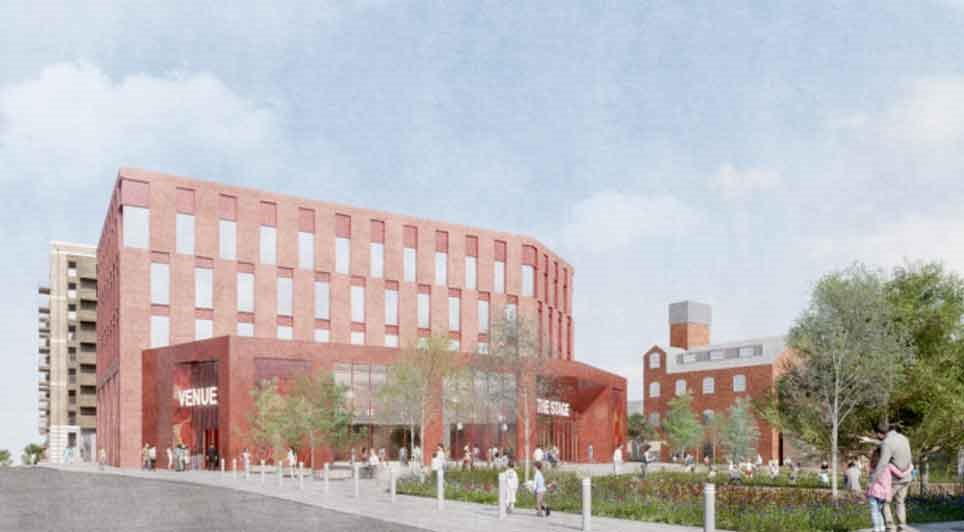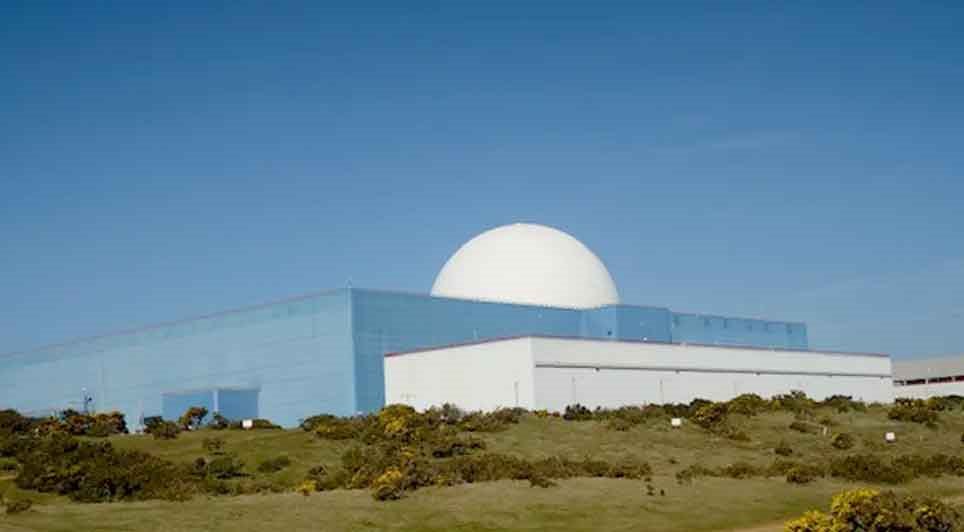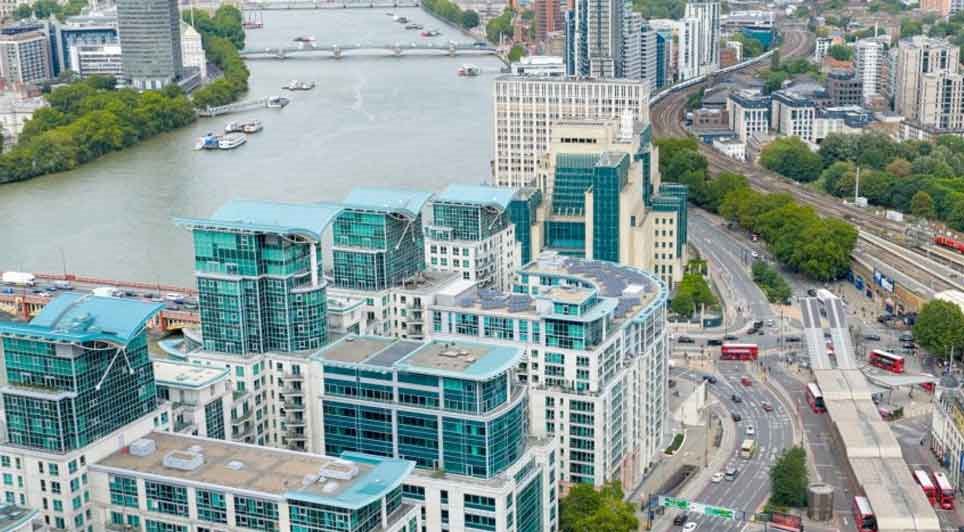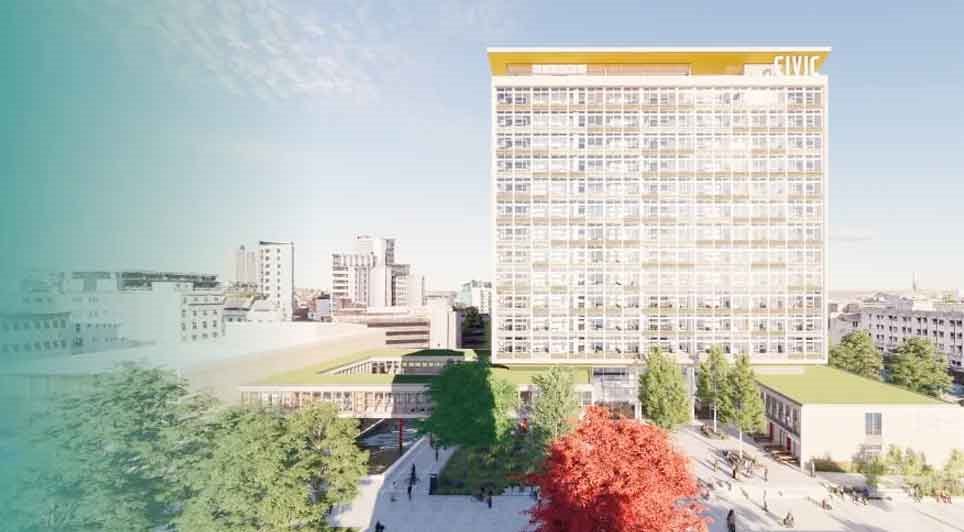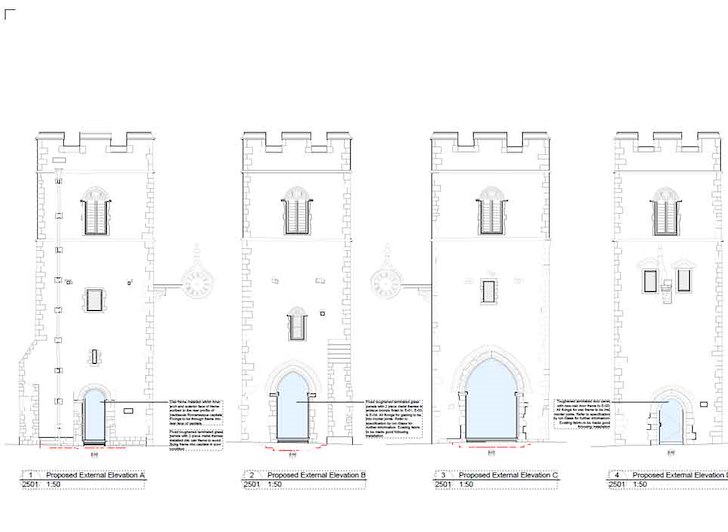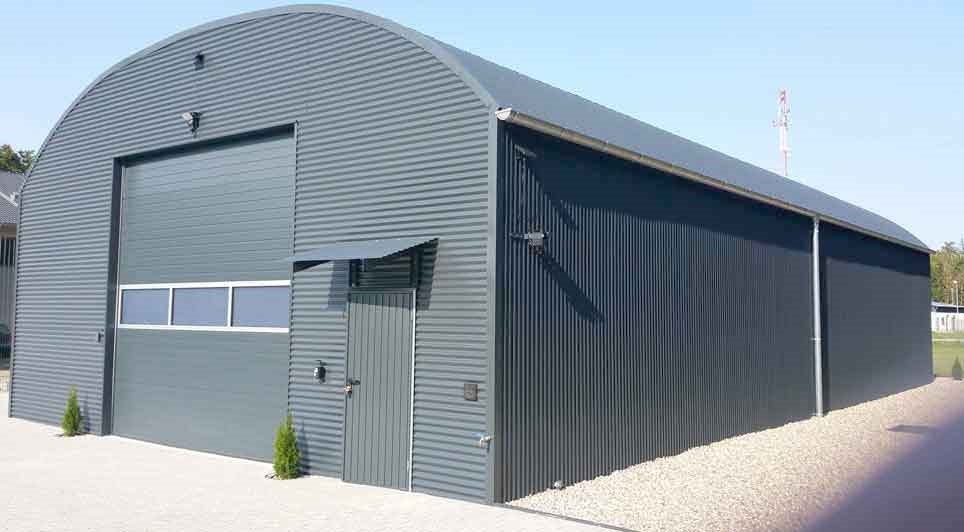New figures have revealed a muted start to 2018 for the UK's construction industry.
The latest IHS Markit/CIPS UK Construction Purchasing Managers' Index (PMI) posted 50.2 in January, down from 52.2 in December and easing to an overall four-month low.
With only marginal growth in commercial and civil engineering activity, new orders have also declined while the sector's main growth driver, house building, fell into a decline and ended 16 months of expansion.
The rate of job creation eased to an 18-month low in line with the reduced growth of building activity. Despite some firms hiring additional staff in anticipation of future new project wins, others reported job shedding in response to lower workloads.
Many respondents have also linked a fall in new orders for the first time to four months to worries over general political and economic uncertainty. Cost pressures also remained intense in January, with inflation in input costs driven by a variety of materials such as bricks, copper and timber.
Elsewhere, sub-contractor usage increased during January, ending a 10-month decline. This latest expansion was the strongest since November 2016, however sub- contractor availability fell sharply.
Despite subdued total industry activity growth and falling new orders, optimism among UK construction companies improved in January, with many firms anticipating a pick-up in new business wins later in the year.
Duncan Brock, Director of Customer Relationships at the Chartered Institute of Procurement & Supply, said a surprisingly poor show from the housing sector dashed any industry hopes for a strong start to the year.
"Not even a marginal improvement in commercial and civil engineering could prevent a near-stagnation in overall activity as the index hovered near the no-change mark," he said.
"The blocks to progress included a sharp rise in costs and a shortage of key materials, which contributed to longer lead times as supplier capabilities were stretched to their limits.
"Against this challenging backdrop, though larger orders from cautious clients also failed to materialise, firms retained a sunny disposition with optimism at a seven-month high and a slight rise in employment continued.
"With construction teetering on the edge of contraction, this surprise outcome will serve as a jolt to policymakers, that the impact of political and economic uncertainty remains large at the beginning of 2018."
(LM)
 UK
UK Ireland
Ireland Scotland
Scotland London
London



